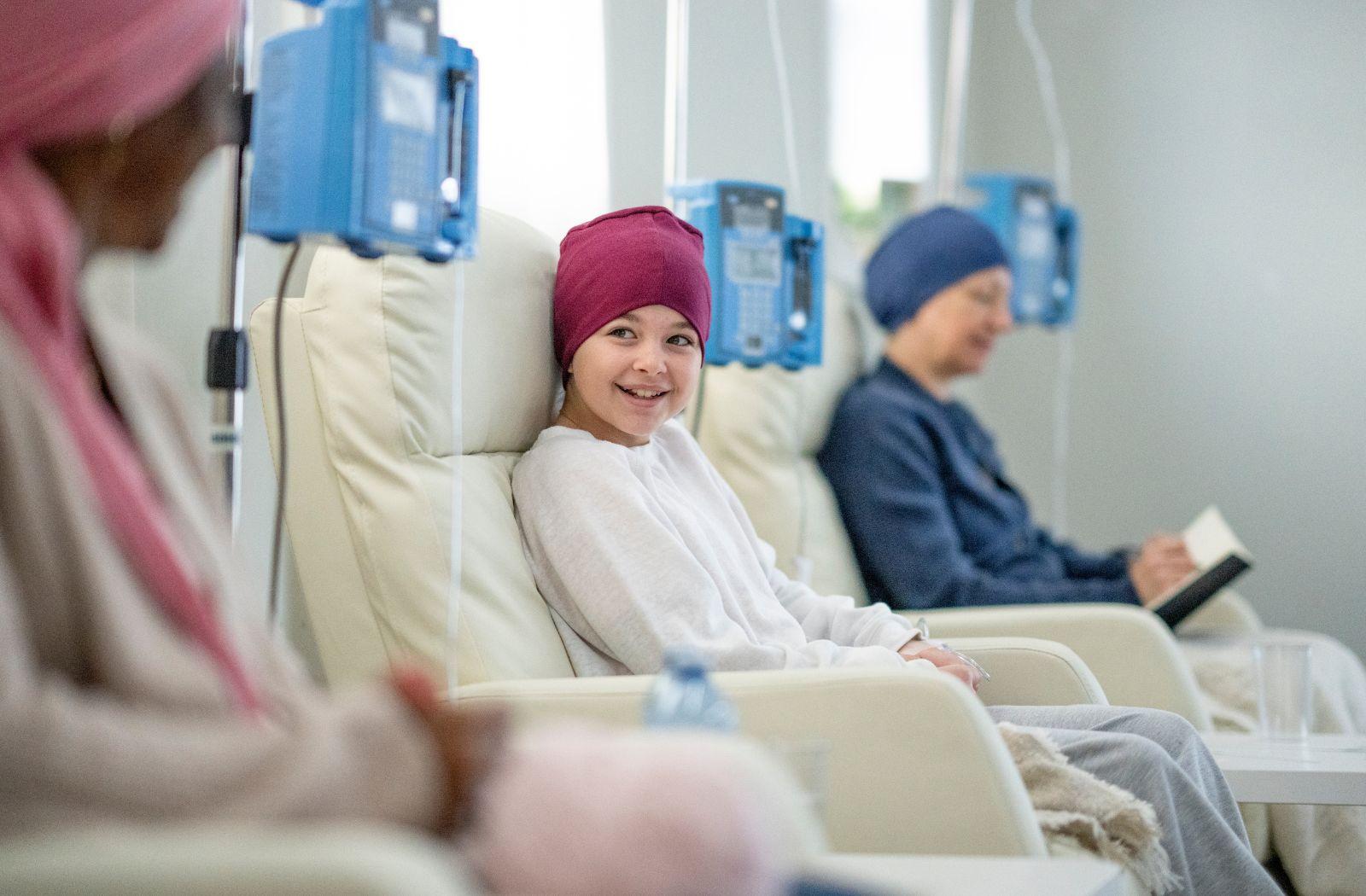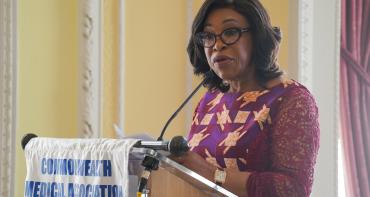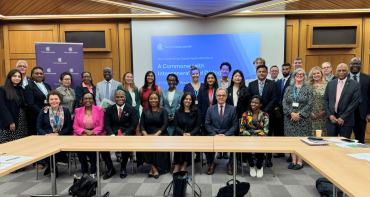The Lancet Oncology Commission on Cancer in the Commonwealth has published initial recommendations to support the 56 member countries of the Commonwealth in tackling the rising incidence of cancer.

The Lancet Oncology Commission on Cancer in the Commonwealth has published initial recommendations to support the 56 member countries of the Commonwealth in tackling the rising incidence of cancer.
A paper entitled Cancer control in the Commonwealth: a roadmap has been published in The Lancet Oncology journal. One of the authors and Chair of the Lancet Oncology Commission on Cancer in the Commonwealth, Prof Rifat Atun, will share insights on this roadmap during a webinar hosted by the Commonwealth Secretariat as part of London Global Cancer Week from 10 am (GMT) on Thursday, 14 November 2024.
The webinar aims to raise awareness about the thousands of people affected by cancer and how lives can be saved, especially in low and middle-income Commonwealth countries, including Small Island Developing States. Registration for the webinar on Cancer Prevention and Control in the Commonwealth is free and open now.
The paper marks a significant prelude to a comprehensive roadmap, providing essential guidance to shape future cancer control strategies across Commonwealth nations. The recommendations align with the commitments made at the 2024 Commonwealth Heads of Government Meeting (CHOGM) in Samoa, where leaders reiterated their dedication to eliminating all forms of cancer.
With cancer cases projected to rise sharply by 2050, particularly in low- and middle-income countries, the Commission’s new recommendations address critical disparities in cancer care, aiming to guide countries in implementing adaptive and country-specific approaches that address resource challenges and healthcare inequalities.
Among the Commission’s recommendations to support member states in their cancer control efforts are:
- Establish a Commonwealth Cancer Observatory: A centralised observatory will standardise and harmonise data on cancer trends, treatment, and outcomes, to enhance data-driven policymaking.
- Implement Digital Cancer Registries: Digital, population-based registries could provide member states with reliable, real-time data on cancer incidence and survival rates. These registries could support healthcare systems to identify gaps and improve treatment quality and responsiveness.
- Strengthen Regional Cancer Care Networks: Through coordinated networks, the recommendations encourage countries to pool resources, share expertise, and improve access to specialised cancer care, particularly benefitting small or resource-constrained states.
- Increase Financial and Policy Support: The recommendations outline strategies for sustainable funding, including taxes on harmful products, expanded health budgets, and international support to ensure equitable access to essential cancer services.
Collective action for a healthier Commonwealth
Speaking on the initial findings, the Rt Hon Patricia Scotland KC, the Commonwealth Secretary-General, said:
“Cancer is a profound challenge for our nations, affecting millions and threatening the resilience of our healthcare systems. These recommendations are an essential step towards equitable cancer care, designed to empower each member state with the guidance and tools to address cancer comprehensively.
"I thank the Commissioners for their detailed efforts. Our goal is a healthier, stronger Commonwealth where inclusive access to cancer prevention and treatment is a right, not a privilege."
The Chair of the Commission, Professor Rifat Atun, remarked:
“The dedication of the Commonwealth Heads of Government of to eliminate all forms of cancer provides a strong impetus to tackle the major challenge of cancer. The Commonwealth have a unique opportunity and the capabilities to develop a decisive response underpinned by a comprehensive roadmap to expand equitable cancer control to harness major health and economic benefits for a more resilient common future.
"The core Commonwealth principles of consensus and common action, mutual respect, inclusiveness, transparency, accountability, legitimacy, and responsiveness will ensure a shared response and benefits for all."
The Commission’s recommendations reflect a collective, member-driven approach to combatting cancer. By leveraging regional collaboration and pooled resources, these recommendations aim to empower even the most resource-limited nations to make meaningful strides in cancer prevention, treatment, and care.
Pathway to the roadmap
The Commission’s forthcoming roadmap will provide a more detailed framework for long-term cancer resilience. A critical aspect includes supporting the Commonwealth's ambitious goal of eliminating cervical cancer, particularly given its significant impact on women's health across member states.
Register for the webinar on Cancer Prevention and Control in the Commonwealth here
Media contact
-
Tom Allen Communications Officer, Communications Division, Commonwealth Secretariat



